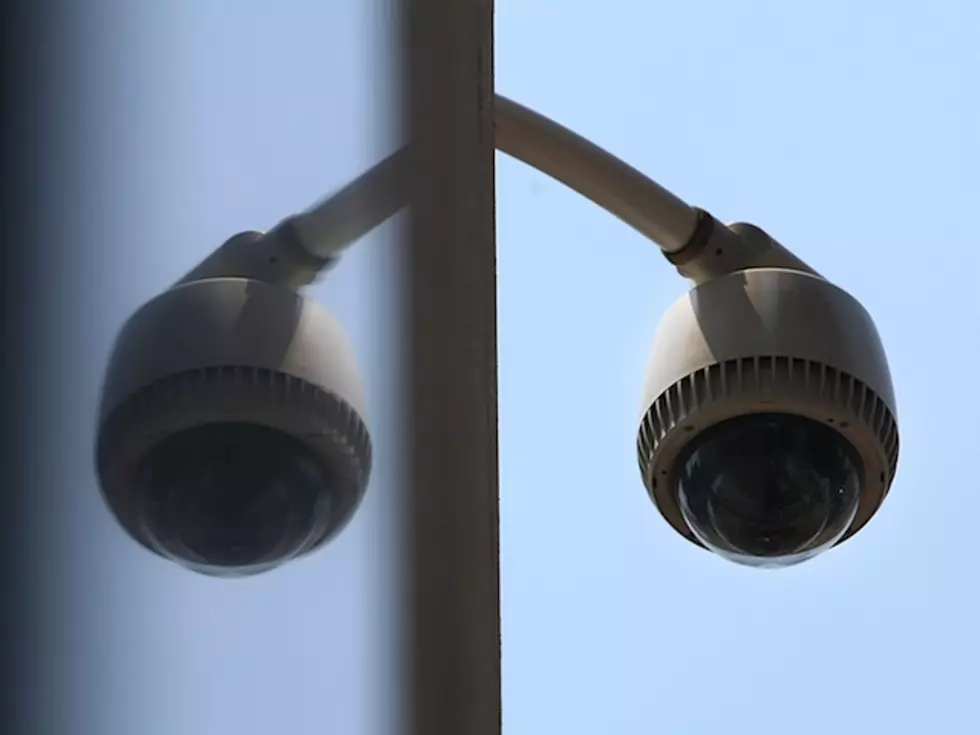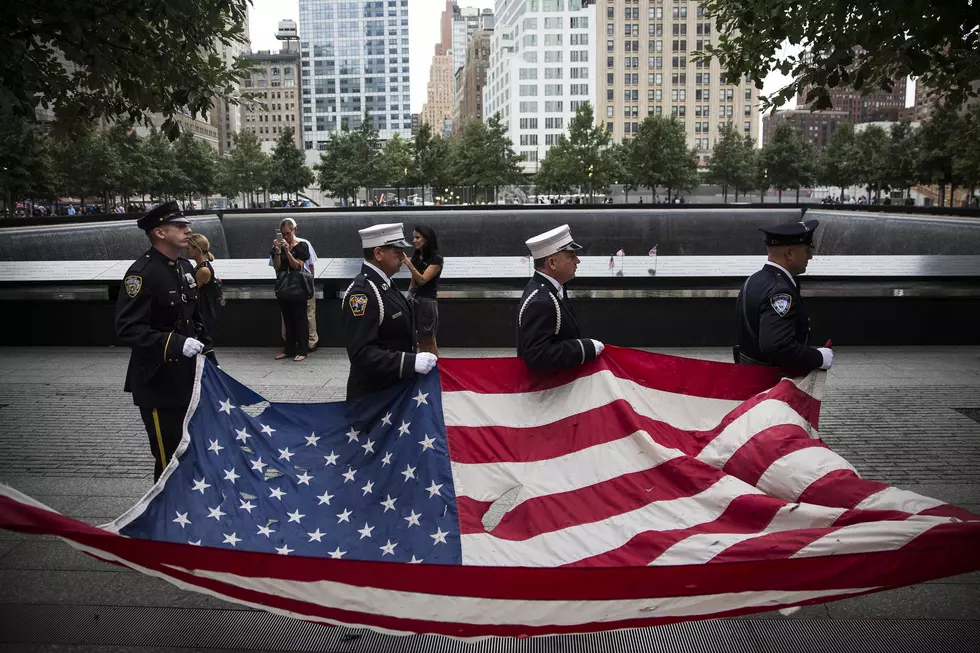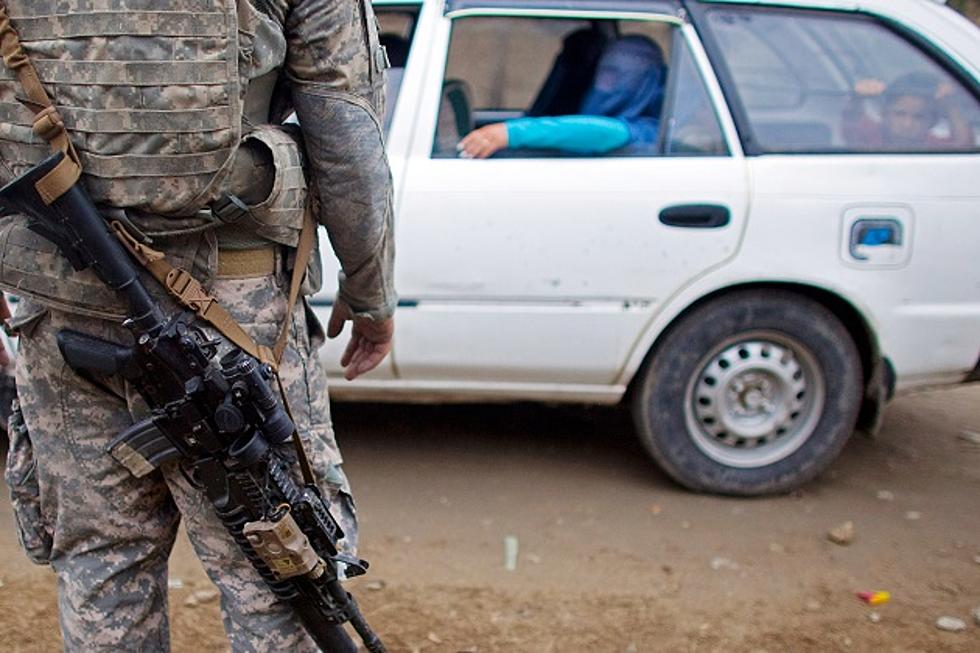
What Do Americans Think About Sacrificing Rights to Fight Terrorism After 9/11?
The terror attacks on Sept. 11, 2001 left an indelible mark on Americans. But even as the first responders climbed through the rubble in New York, Washington, DC and Pennsylvania, the country embarked on a “War on Terror.” With that war came years of conflict in Afghanistan and Iraq, indefinite detention of terror suspects without charges or trial, enhanced interrogation techniques, extraordinary rendition and the passage of the USA Patriot Act.
Ten years later, Americans are still wondering if it was wise to sacrifice some privacy and freedoms in order to fight terrorism.
According to a new poll by The Associated Press-NORC Center for Public Affairs Research, 54 percent of Americans said that if they had to choose between preserving their rights and freedoms and protecting people from terrorists, they’d come down on the side of civil liberties. Some respondents said they felt that way because giving up freedoms to the government could lead to a slippery slope. Others opposed warrantless surveillance efforts because they believed the terrorists would succeed no matter what.
On the other hand, 47 percent of respondents supported allowing the government to read emails sent between people outside the US without a warrant. Nearly half approved of the US eavesdropping on phone calls between people in foreign countries.
The AP-NORC poll was conducted between July 28 and Aug. 15. It has a margin of sampling error of plus or minus 4.1 percentage points.
More From Kicks 105









